"Great design is a multi-layered relationship between human life and its environment." - Naoto Fukasawa
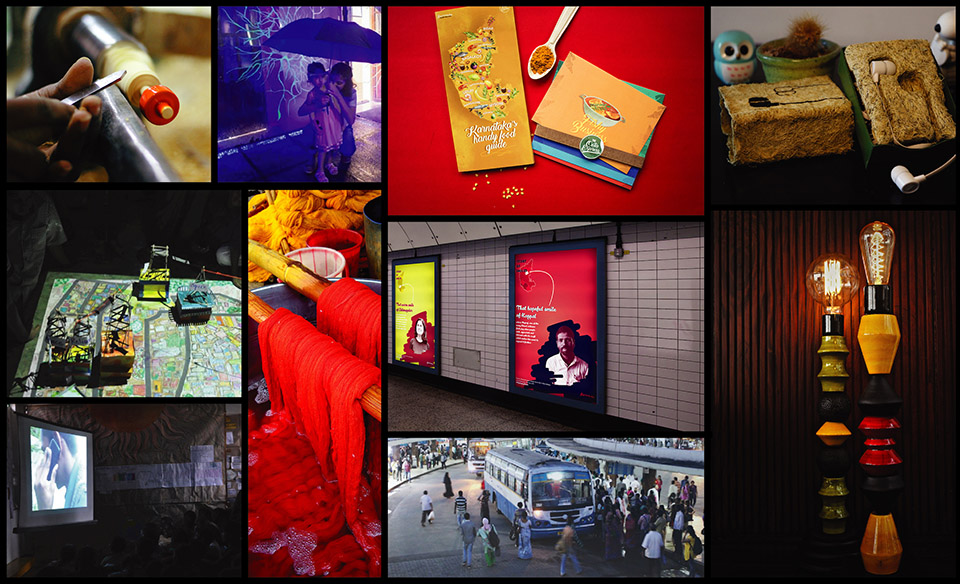
Vision
We are rooted in the convergence of society, culture and business; and aim to foster a space of learning design for the real world. We nurture creative integrity, sustain an independent and yet critical technical practice and facilitate the creation of ethical business frameworks.
We engage with centers, disciplines and studios, for expressive, experimental use and shaping of cutting edge technologies. We offer opportunities to engage with traditional disciplines of industrial design, craft, contemporary textile practices, visual communication and strategic branding, user experience and interaction design, as well as system and service design, economies and entrepreneurship, communities and participatory design, business design and management, creative computation, tangible interaction design, and interactive data visualization.
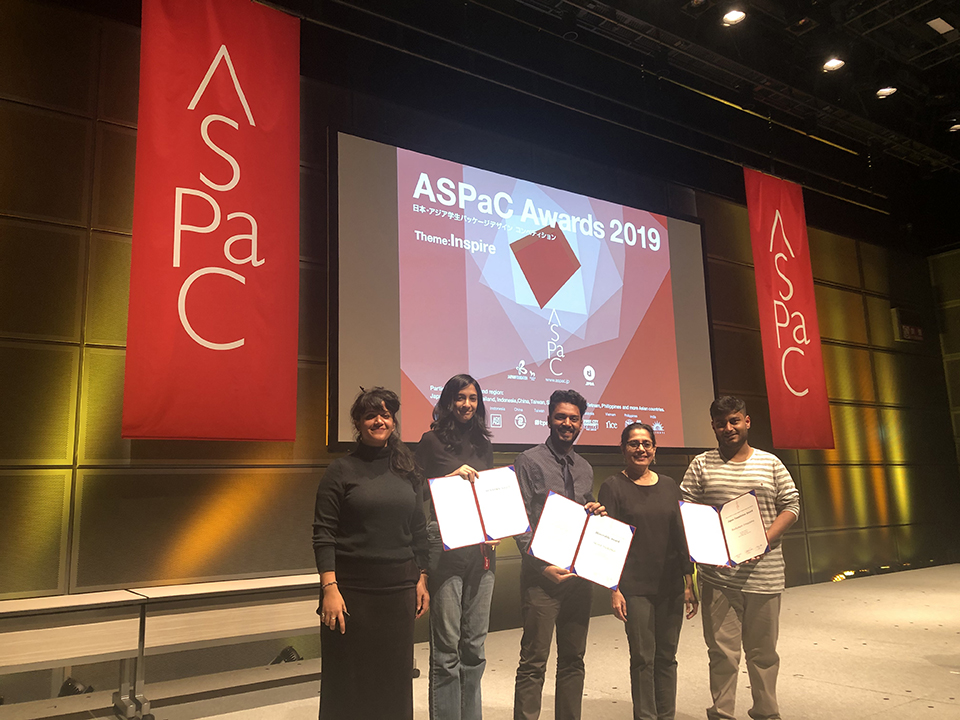
Kumkum Nadig with three students who received awards at the ASPaC 2019 (The Asia Pacific Network of Science and Technology Centres Conference 2019)
Values
We are guided by the following values;
- Frugal. We foster ideas and ways of working that think of frugality as their core essence, to enable transitioning into more sustainable and regenerative futures.
- Reflexive and Responsible. We enable practitioners and aspiring-practitioners to discern through the implications of their ideas and actions as designers and hold themselves up for higher levels of accountability towards all stakeholders and the ecology.
- Playful. Playfulness is an integral part of design process – an open-ended creative exploration into alternative worlds and realities.
- Hands-on. We imagine, think, speculate, and reflect, but through the conscious, deliberate and discerning act of making with hands, working with materials
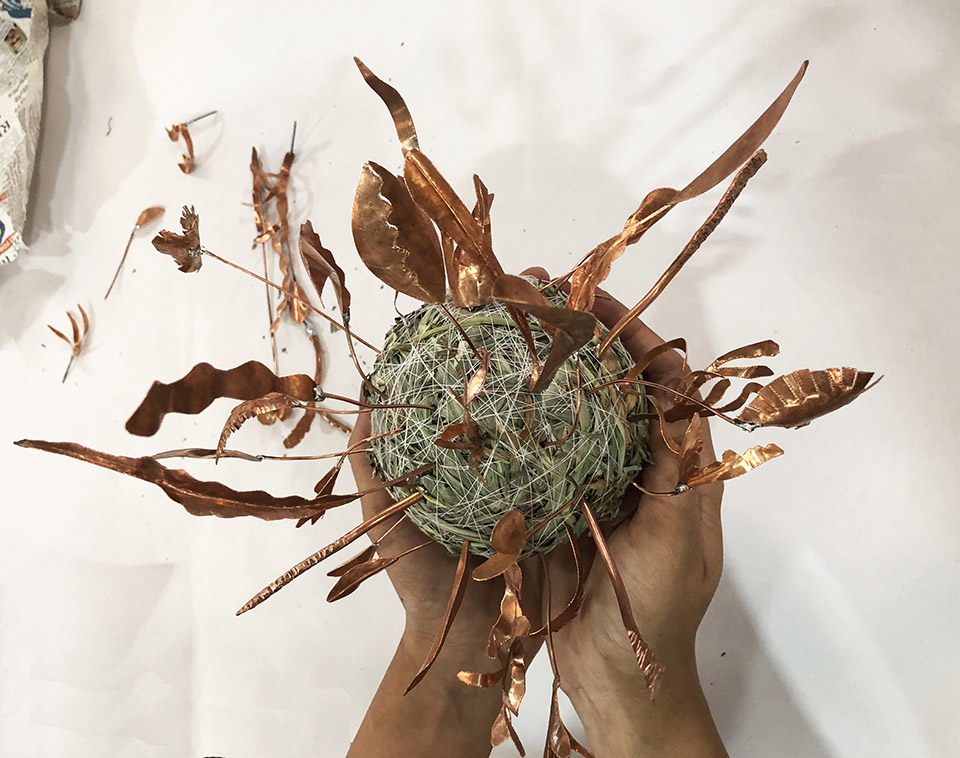
New ways of making - new ways of thinking about materials
Domains
It engages in practice and inquiry in and across a range of knowledge domains, broadly categorized as design, business and technology.
Design
Products
Envisioning and crafting products that are human and planet-centered, while addressing specific challenges of the real-world. We focus on shaping digital as well as physical forms and behaviors of the product, and their lifecycles.
Communication
Communicating stories, narratives, brands, to move people, communities and organizations. We focus on creating and crafting exceptional communication strategies including collaterals across business, public and social development contexts.
Experiences
Enabling people to have meaningful experiences as they interact and live with multiple products and services has become crucial. How to imagine, craft and communicate experiences that are in most parts intangible is the central question driving our practice.
Innovation
Enabling novel and more fruitful ways of life and living as a way to navigate complex change is at the heart of being innovative. We conduct inquiries and explorations into the question of how to foster a culture of sustainable positive change, i.e. a culture of innovation in heterogeneous contexts.
Education
Education is moving beyond the walls of classrooms, with a notion of a lifelong learning taking shape. How can Design help to enable learners to learn in a complex, ever-changing and plural world?
Services & Systems
Across governmental, non-governmental and business sectors, contemporary economies are structured by service-systems, which offer an end-to-end packaged experience to consumer-citizens. We work towards design of such exhaustive and complex systems that provide engaging experiences through multiple products, touch-points and services.
Communities, Organizations & Enterprises
Design can be a useful way to think about policies and structures and how they shape communities, organizations and enterprises, going beyond products and services.
Caring and Maintenance
Maintenance is the new innovation. Caring for and maintaining infrastructures is highly crucial and needs deliberate thought and design, with a focus on blurring the artificial boundaries between design, maintain and use.
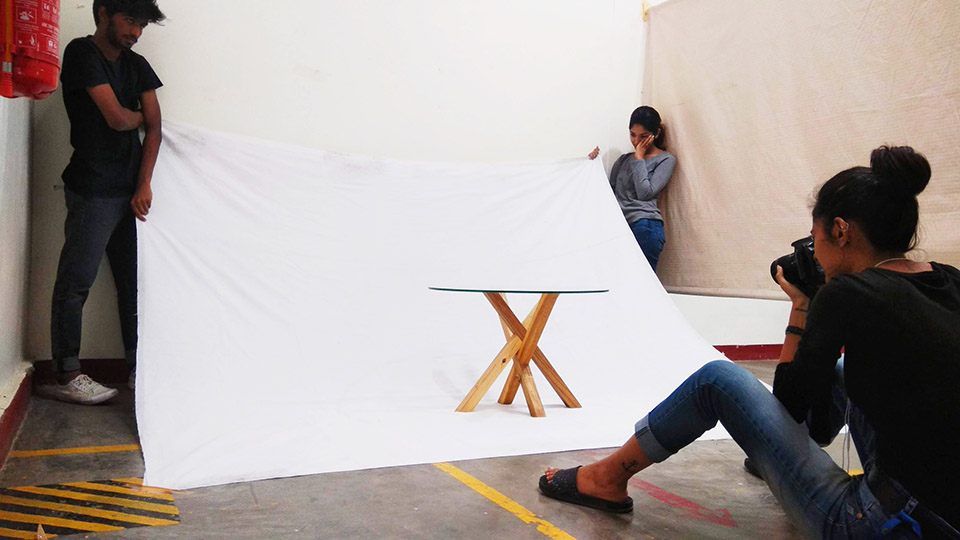
Business
Entrepreneurship for Impact
Impact entrepreneurship is an approach that combines entrepreneurship, design thinking and social impact. How can a gentler form of capitalism, rooted in distributed economy, ownership and capability building enable the eradication of poverty among the marginalised population of the creative million? How to successfully and synergistically combine often traditional crafts-based creative knowledge and contemporary business thinking and process to produce strategic enterprises in this economy?
Innovation for the Future
Innovation as a process of change, transition and relevance, whether disruptive or incremental, can be harnessed and managed for a positive future. We anticipate emergent needs and wants at multiple levels, relevance and timeliness of design interventions and resulting outcomes, transcending planned and technological obsolescence, etc. It is important to map the “elements of change” that drive the dynamic and demanding needs in emergent and complex contexts such as food security, water crisis, disaster management, energy scarcity etc.
Theories and Processes of Change
Societies change, and some of the classical theories to understand change include evolutionary theory such as Darwinian theory, functionalist explanations such as Parson’s Action Theory, conflict theory such as Marxian theory, and theory of technological change such as diffusion and innovation theory. We explore the relevance of these paradigms for framing and understanding change as experienced and witnessed in contemporary India.
Economies and their Models
Economy—the simple act of give and take—is way more complex with multiple perspectives to understand what frames design, business and technology. Digital economies, economies of scale, distributed economies, sharing economies, etc. all offer rich lenses to explore what is the best possible frame to situate sustainable and ecological design practice.
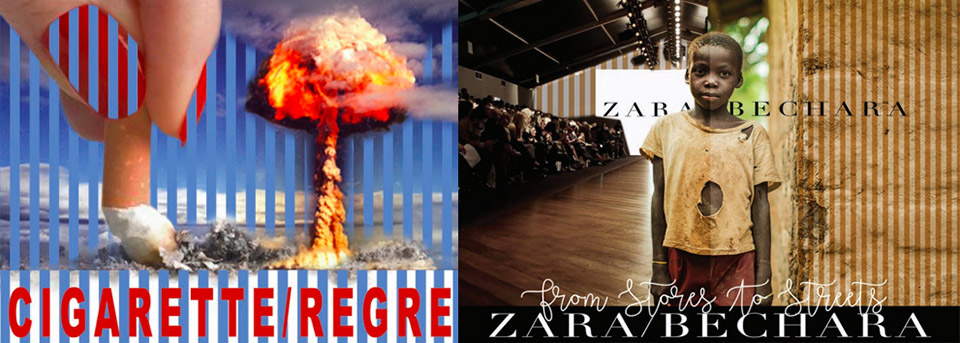
Business
Creative Computation
Computation and algorithms allow a designer to break out of the static, to make products which evolve. Intangible materials such as data, code and language open up multiple possibilities for complex human-non-human interactions.
Modelling & Simulation
The world is complex, emergent and uncertain. How can quantitative and mathematical thinking and logic can help in modelling, simulating, and addressing uncertainties and complexities in infrastructures and systems?How can we imagine and craft multiple representations to analyze and synthesize complex data? The focus is to enable the design of effective visualizations, and to create interactive visualizations using real-time data platforms.
Games & Alternative Worlds
Games and Alternative worlds offer playful experiences and environments that transcend physical-digital divides. Entertainment and media are at the forefront in exploring these worlds, but they also have implications for healthcare, education, and other aspects of mundane everyday life.
Algorithmic Thinking
Algorithms are everywhere, from recommending which movie to watch next, automating grunt jobs, to accessing any kind of information. Behind the magic exists data and logic that are obscured from the end-user. How do we make sense of complex algorithms and their effects, and un-black-box them to prevent misuse?
Connected Objects
As networked and connected objects start to become ubiquitous, it is imperative to look at applications of these objects in areas that are critical rather than whimsical. These interconnections can make a real and positive difference to the lives of people going beyond mere convenience and entertainment.
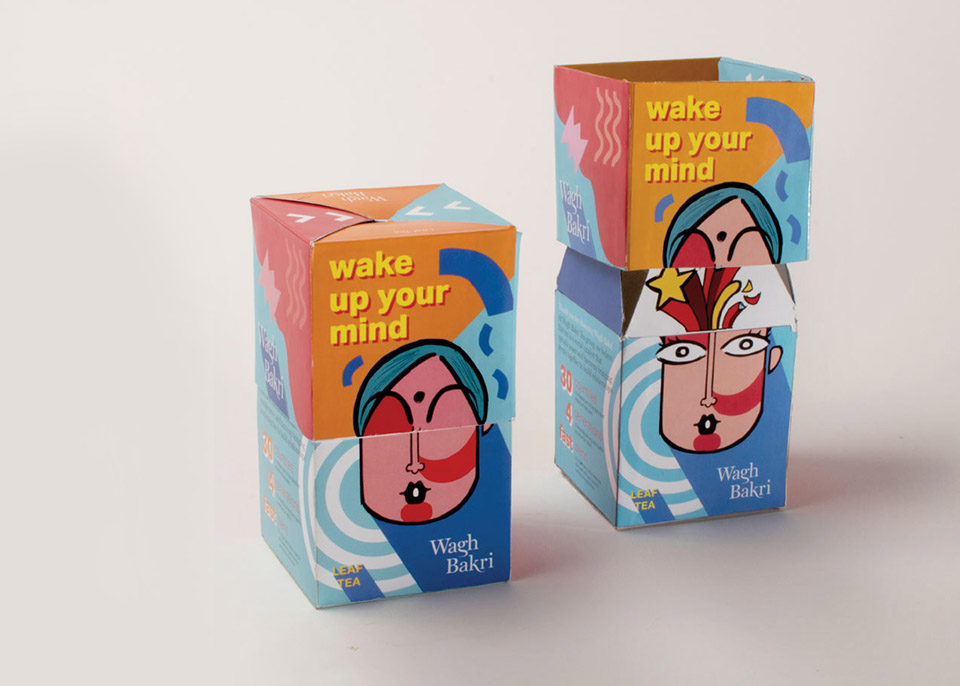
Programs and Courses
Program: Undergraduate Skill-based Vocational Program (B.Voc)
Courses
Creative Manufacturing is offered with the following pathways:
Products and Accessories
Textiles, Apparel and Made-ups
Graphic Arts & Design Practices is offered with the following pathways:
Graphic Design
Illustration
User Interface and Interaction Engineering
Undergraduate Professional Program in Design (B.Des)
Courses
Business Services and System Design
Creative and Applied Computation
Creative Education
Human Centered Design
Industrial Arts and Design Practices
Visual Communication and Strategic Branding
Postgraduate Professional Program in Design (M.Des)
Courses
Design Computation
Design-Led Innovation
Human Centered Design
Industrial Arts and Design Practices
Program: Postgraduate Program in Arts (MA)
Courses
Design Education
Experience Design
Entrepreneurship for Impact
Visual Communication
